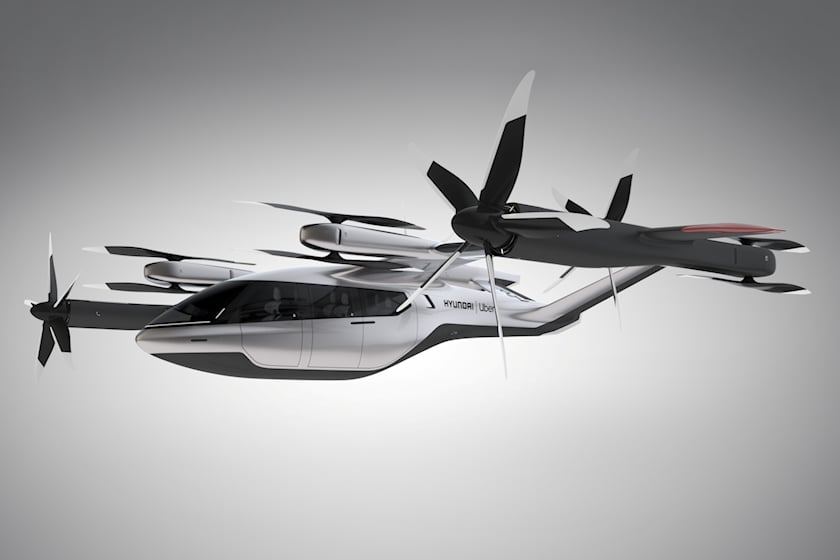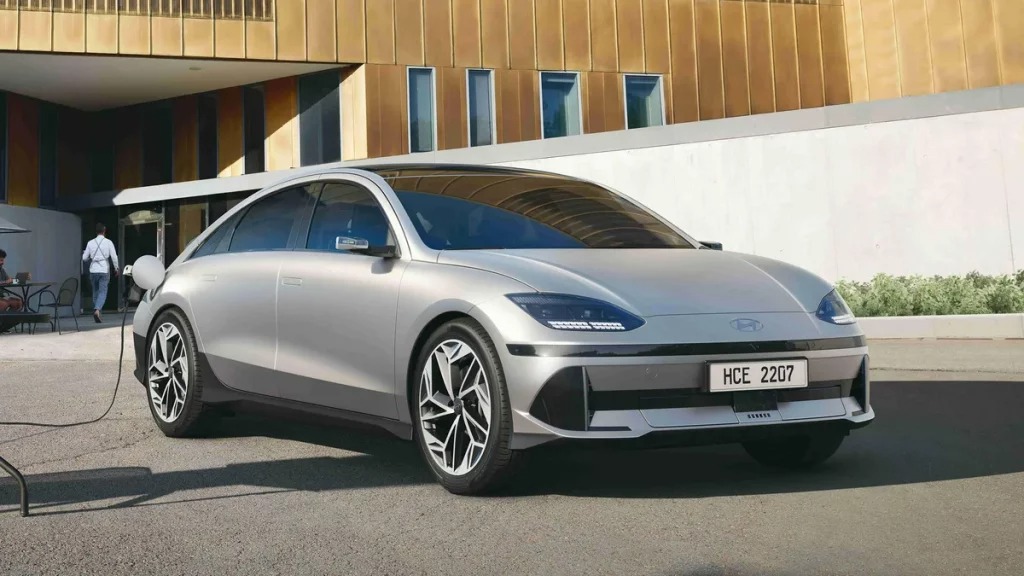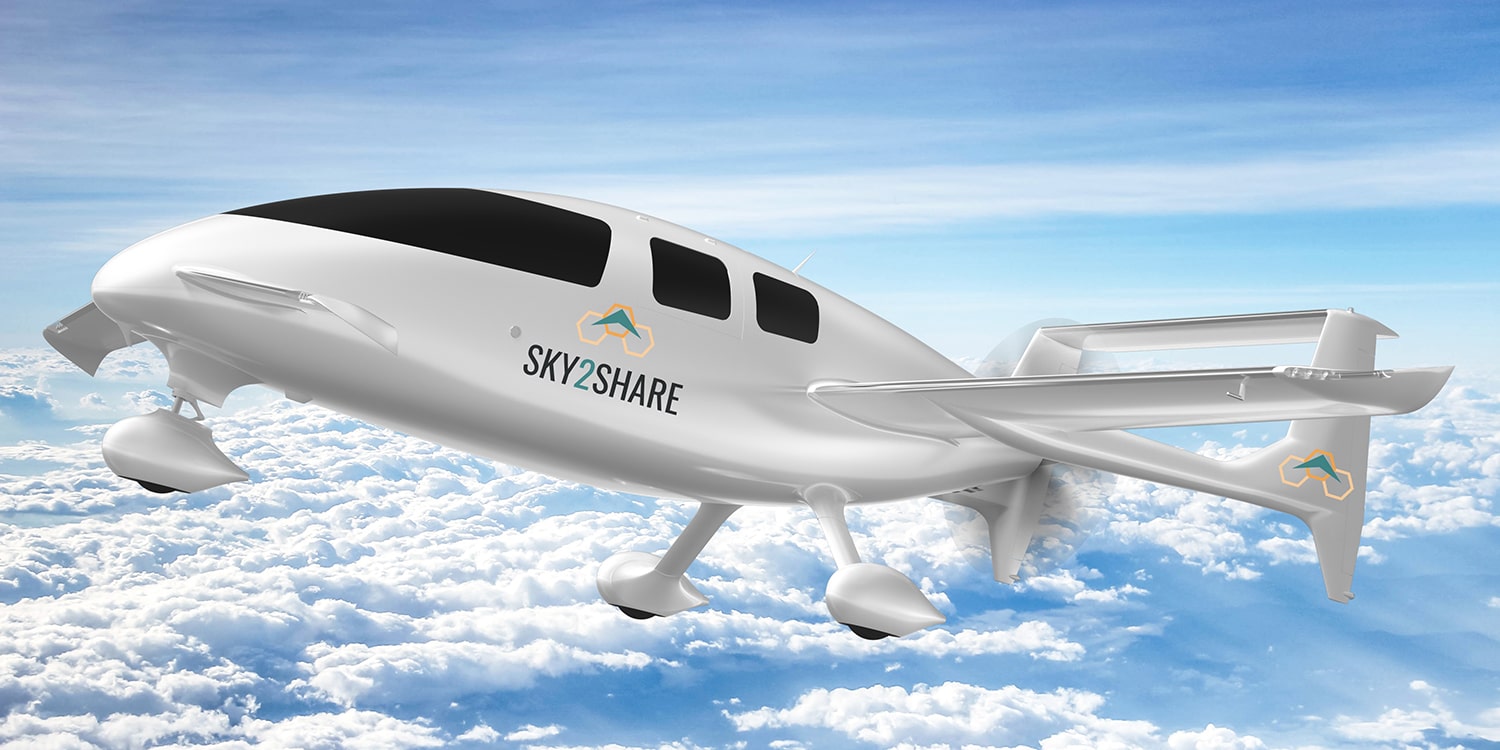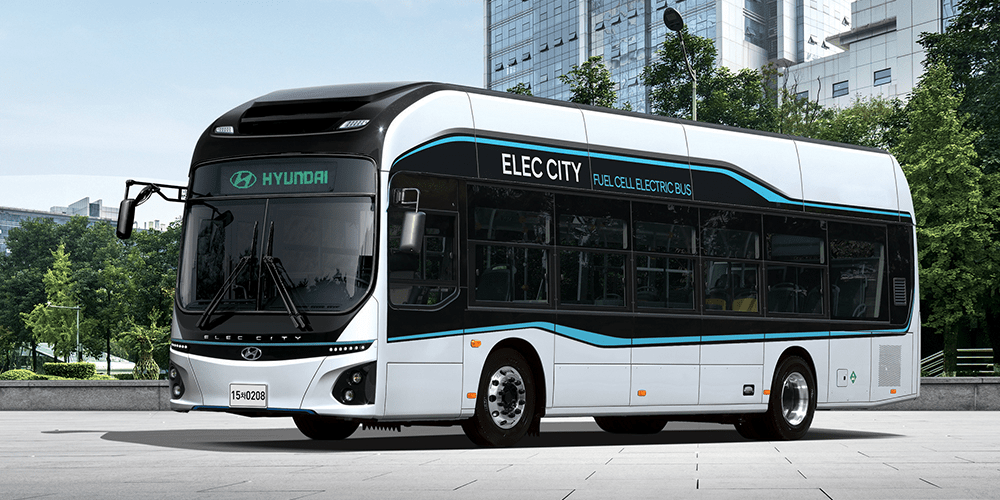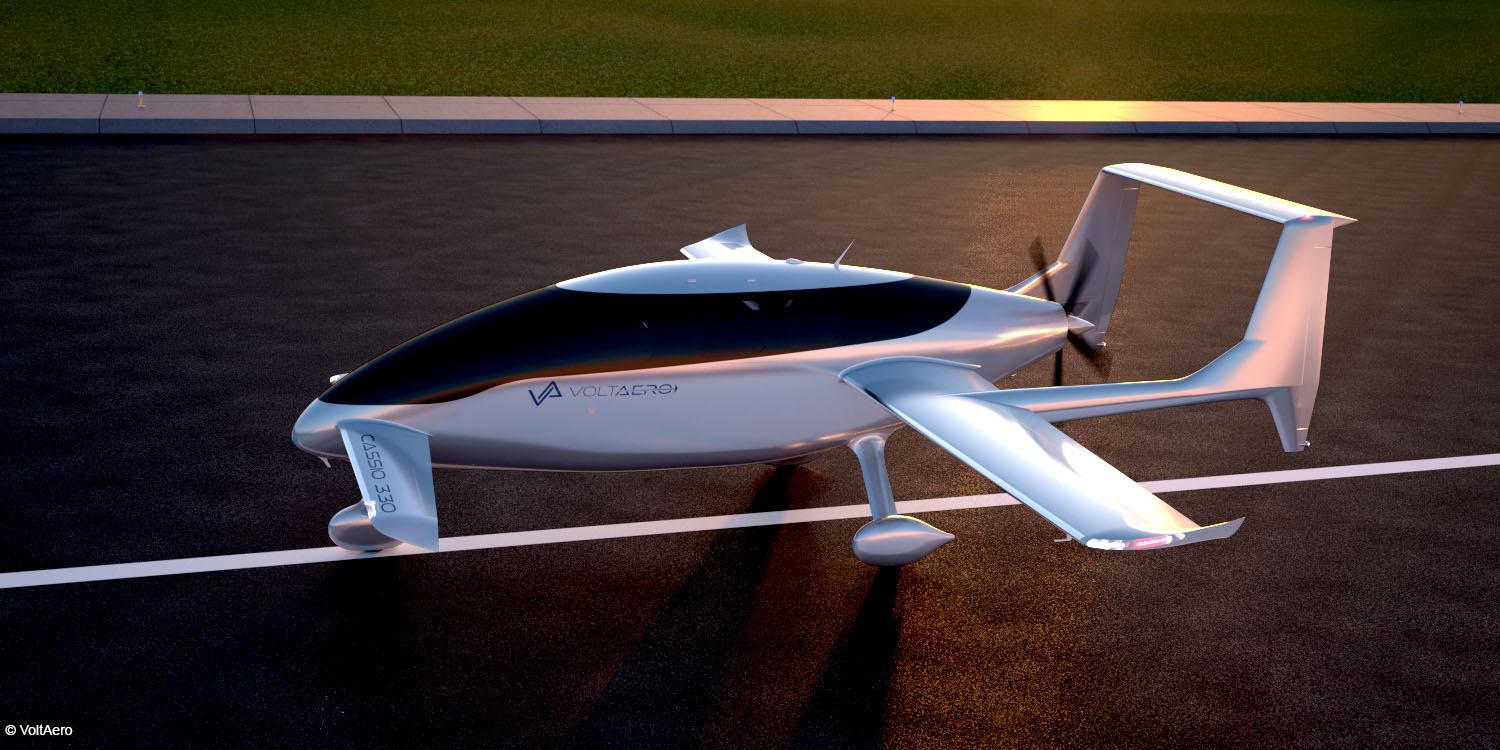Hyundai, the South Korean automotive manufacturer, maintains its conviction that flying cars will have a role to play in the future of mobility systems. The company is on track to introduce a production version of its electric vertical takeoff and landing (eVTOL) Vehicle Cabin Concept before the end of this decade.
In a recent interview with Top Gear, Michael Cole, Hyundai’s UK President and CEO, expressed the brand’s continued commitment to this ambitious endeavor. However, he clarified that the initial applications might be focused on cargo transport within cities, with passenger services expected to follow later, albeit on a smaller scale.
See also: Hyundai and Rolls-Royce to develop all-electric and hydrogen flight technology
Cole acknowledged that the project is not currently his division’s primary focus, suggesting that its launch is not imminent. Nevertheless, he emphasized that Hyundai has consistently regarded eVTOL technology as part of the future solution for mobility.
Hyundai originally introduced the concept of Urban Air Mobility at the 2020 Consumer Electronics Show, initially intending to supply Uber with flying taxis. However, the concept evolved, encompassing autonomous taxis to transport passengers to and from small airports, where these vertical take-off and landing flying cars would operate.
To bolster its efforts, Hyundai made a significant investment in Supernal, a leading air mobility company dedicated to building new aerial transportation networks. Additionally, the renowned aviation business of Rolls-Royce, not affiliated with its car division, will provide the power source for Hyundai’s eVTOL vehicles.
Contrary to a hypothetical twin-turbo V12 combustion engine, Hyundai’s focus lies in electric propulsion. The company plans to employ electric motors powered by battery packs, similar to the technology found in their Ioniq 5 electric vehicle. However, for longer journeys, Hyundai aims to harness the potential of hydrogen. While Hyundai is renowned for its commitment to hydrogen as an alternative fuel source, other manufacturers, such as BMW, are also exploring this avenue, with two hydrogen-powered SUVs already operational in California.
See also: XPeng Aeroht’s X2 Flying Car Receives Conditional Flight Permit in China
To ensure optimal performance, Hyundai will utilize carbon fiber and lightweight composite materials to reduce the vehicle’s weight. Given the nature of flying vehicles, multiple fail-safe mechanisms will be integrated to ensure safety and prevent accidents. Nonetheless, public acceptance of autonomous flying over short distances remains an intriguing factor that will be closely observed as this technology develops.
As Hyundai perseveres with its vision of eVTOLs and Urban Air Mobility, the future of transportation continues to evolve, pushing boundaries and sparking imaginations.

